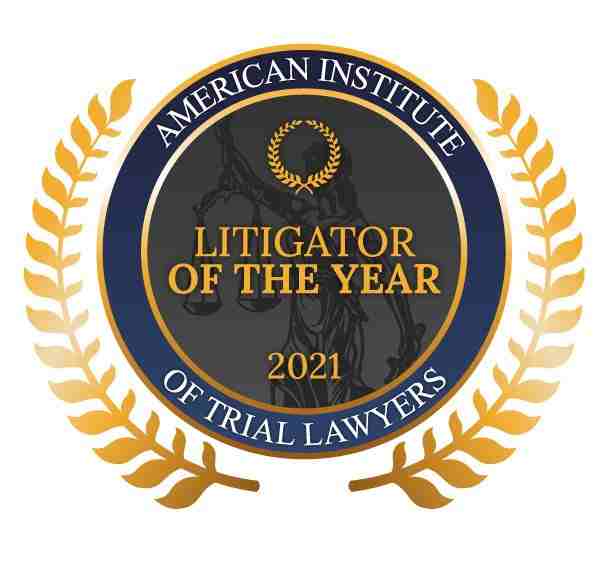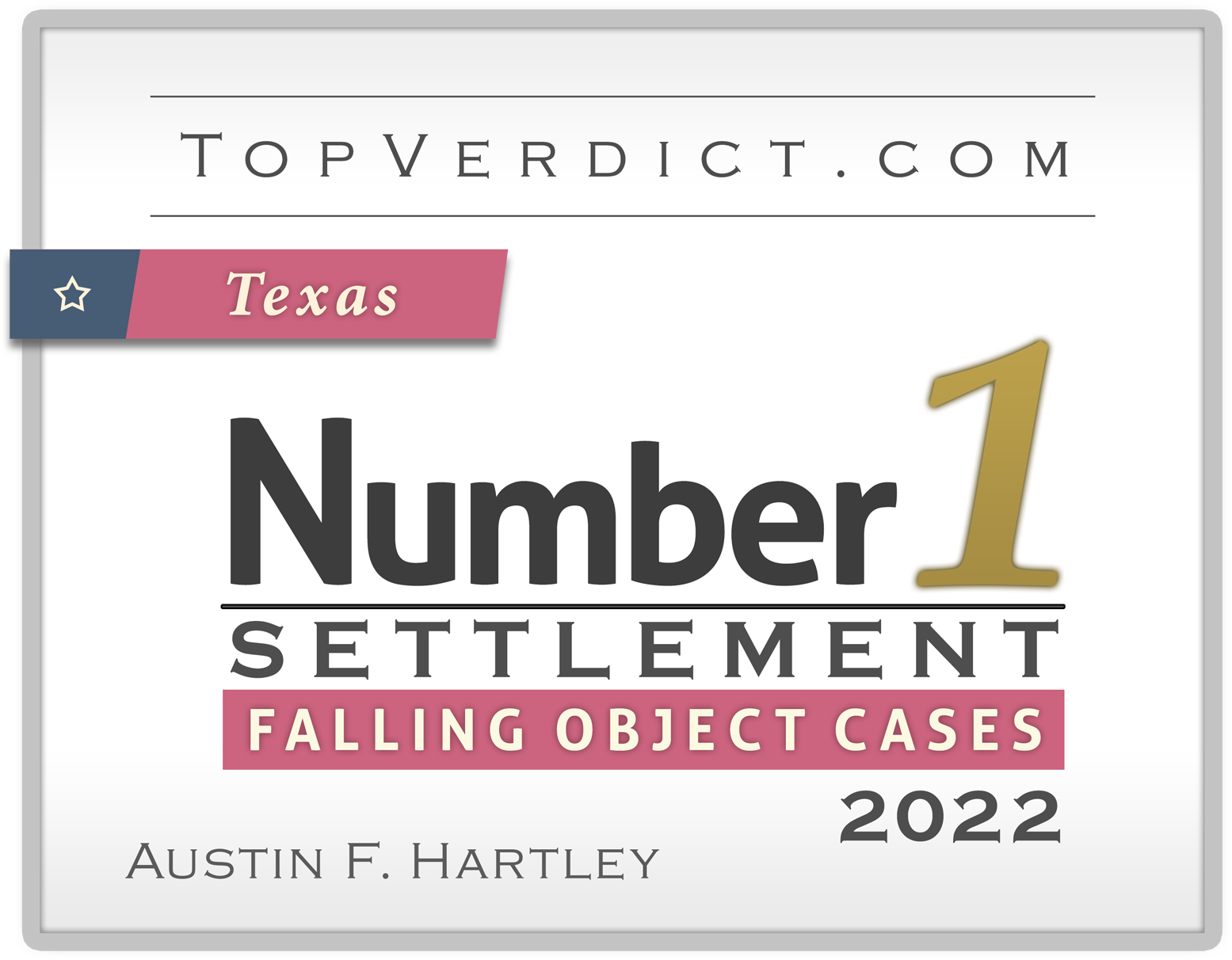

With a population of nearly 1.29 million, Dallas is one of the country’s largest cities. Large cities inevitably face an increased risk of crime, so property owners and businesses should take extra precautions. When they don’t, visitors and customers might unexpectedly become targets. In some instances, crime victims have the right to file a claim for damages against property owners who do not take reasonable care to secure their property. That’s when contacting an experienced Dallas negligent security lawyer becomes essential.
At Hartley Law Firm, we go beyond representing your interests. We advocate for your fundamental right to security, holding property owners accountable for actions that compromise your well-being. Your safety isn’t a luxury or an optional feature; it’s a right we’ll fiercely defend.
Understanding Negligent Security Claims
Negligent security law falls under premises liability, focusing on risks from criminal activities. However, the existence of a crime does not automatically mean the property owner is liable for your injuries. To successfully pursue a negligent security lawsuit in Texas, you must satisfy two conditions.
The first is the foreseeability of the crime. The property owner should either have known or could’ve reasonably deduced that criminal activity would likely occur on their property. For instance, if there were a series of burglaries in neighboring businesses, the crime risk to their property becomes foreseeable.
The second condition is an unreasonable risk of harm. This is when the owner fails to take necessary preventive measures, such as fixing security cameras or hiring guards following a criminal act.
Common Scenarios for Negligent Security
Here are some examples of areas where property owners often miss the mark when it comes to reducing the risk of crime on their property:
- No electronic key system preventing unauthorized people from entering;
- Failure to install a properly working security system that would identify unauthorized people;
- No on-site security personnel to monitor and deter criminal activities;
- No working locks on windows that could prevent break-ins;
- Inadequate or malfunctioning lighting in commonly accessed areas;
- Failure to warn residents or visitors about recent criminal activity in the vicinity; and
- Ignorance or outright dismissal of advice or assessments from security consultants.
Property owners must avoid bringing potentially dangerous people to their premises. Employers should be conducting background checks on prospective employees. For example, imagine a company fails to perform a background check and hires someone with a violent criminal past. If this individual attacks another employee, the employer could be liable.
Who Can You Hold Liable?
Though it’s common to assume property owners are always liable for negligent security claims, others may share responsibility. For example, security lapses caused by companies in charge of security management or third-party contractors could be legally responsible. Companies who own property and then lease it to another business might allege the lessee is the responsible party.
You aren’t limited to pursuing compensation from only one party in a negligent security claim. Our Dallas negligent security lawyers will help you identify all potentially liable parties and avenues of recovery.
How to Determine Liability in a Negligent Security Lawsuit
Establishing responsibility in a negligent security case requires a thorough investigation. Our diligent team follows a multi-faceted approach with negligent security claims. We conduct:
- A forensic examination of the physical evidence, including but not limited to locks, security systems, cameras, and lighting;
- A thorough review of all maintenance records, especially those associated with the property’s security features;
- Extensive research into local crime statistics and any relevant police reports;
- An investigation into internal documents showing knowledge of prior crimes and any recommendations from security consultations; and
- Interviews with forensic specialists, security analysts, and other experts who can shed light on the case.
Every bit of evidence can play a crucial role in building a case to prove the defendants are responsible for your injuries. We’ll leave no stone unturned when building a solid case.
Damages You Can Recover in a Negligent Security Claim
The aftermath of a negligent security incident often involves physical injuries and emotional and financial hardships. Every case is different, but common damages in a negligent security lawsuit can include:
- Immediate medical expenses and future expected medical costs;
- Lost wages and future loss of earning capacity;
- Psychological suffering, including therapy or counseling; and
- Physical pain and suffering.
In instances of extreme negligence, malice, or fraud, punitive damages serve as both a financial and moral reprimand to the liable parties. However, punitive damage awards are rare, so you should not assume they will automatically apply in your case. Your Dallas negligent security attorney will explain what damages you’re potentially eligible to receive and estimate your overall case value.
Why Choose Hartley Law Firm’s Negligent Security Lawyers?
You have countless choices for personal injury lawyers in Dallas, so what sets us apart from other firms? Only some personal injury firms have experience with negligent security lawsuits. Our lawyers have a decade of experience representing injured victims for negligent security claims and understand the legal nuances.
We pride ourselves on our client-centric approach. We treat clients like family because we believe you are family. You should be focused on physical and emotional recovery rather than fighting a stressful legal battle. Rest assured that we will keep you in the loop on your case every step of the way.
Please contact our skilled legal team when you need a Dallas negligent security lawyer. Let us review your case, explain your legal options, and provide an opinion on the best way to proceed. Pursuing a negligent security claim is important—you can recover compensation and help prevent another person from suffering similar harm.








